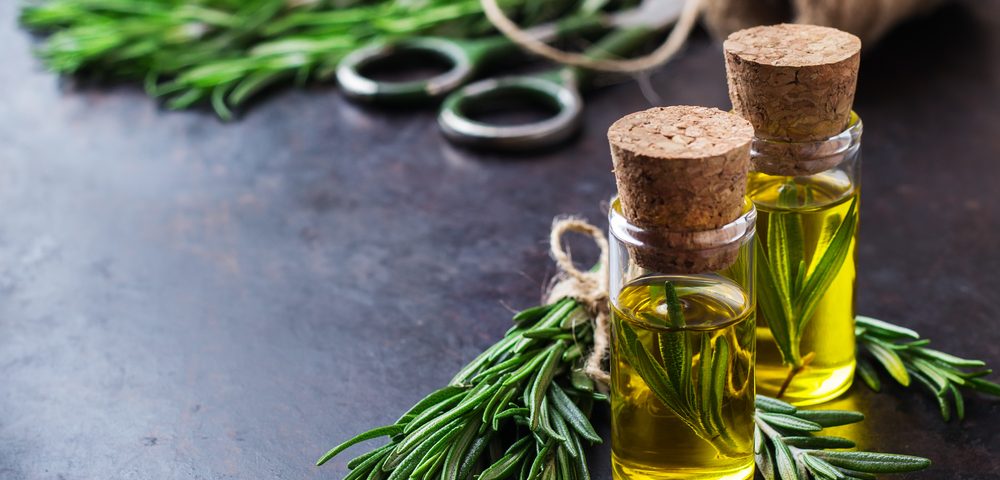Treatment with the aerial parts of the stinging needle (Urtica dioica L.), a plant used in traditional medicine, reduced the size of endometrial lesions in a rat model of endometriosis, study says.
The study, “Bioactivity-guided isolation of flavonoids from Urtica dioica L. and their effect on endometriosis rat model,” were published in the Journal of Ethnopharmacology.
U. dioica L., more commonly known as the stinging needle, is a medicinal herb that grows worldwide and whose leaves and roots have been used as “a blood purifier, an emmenagogue (herbs that stimulate blood flow in the pelvic area and uterus), and a diuretic as well as to treat menstrual hemorrhage, rheumatism, and eczema,” the researchers said.
“Many studies have assessed the biological activity of U. dioica, reporting antioxidant, antidiabetic, antiviral, [liver protective], antimicrobial, diuretic, anti-inflammatory, anti-hyperlipidemic (lowers the levels of fatty molecules), [antiparasitic], analgesic, anti-arthritic, anti-cancer, hypotensive (lowers blood pressure), and immunomodulatory activities,” they added.
In this study, a team of investigators from the Gazi University in Turkey and their collaborators set out to evaluate the effects of U. dioica in the treatment of endometriosis, using a rat model of disease.
They started by inducing endometriosis in the animals by injecting womb cells from female rat donors into the abdominal walls of other female rats. Then they collected plant extracts containing chemical compounds found on the aerial parts of U. dioica, using three different reagents: methanol, ethyl acetate, and n-hexane.
In addition, in an attempt to isolate the specific compounds that might have relevant clinical activity, they used a technique called chromatography to obtain four different fractions (A, B, C, and D), each containing chemical compounds of different “weights,” found on plant extracts that had been obtained using methanol.
To assess the activity and effects of the different types of extracts and fractions, they then treated animals who had developed endometriosis with the different compounds — all administered orally, once a day, for four weeks, at a dose of 100 mg/kg.
In addition, some animals were treated with buserelin acetate (sold under the brand name Suprefact by Sanofi) — a medication to treat endometriosis — to be used as reference controls.
Results showed that animals treated with methanol plant extracts and those treated with buserelin acetate had a significant reduction in the size of endometrial lesions, compared to rats that had been treated with carboxymethyl cellulose (CMC; controls).
In addition, treatment with methanol plant extracts and with buserelin acetate significantly reduced the levels of two inflammatory markers — tumor necrosis factor alpha (TNF-α) and interleukin-6 (IL-6) — and those of a molecule that controls blood vessel growth, called vascular endothelial growth factor (VEGF), found on the fluid surrounding the lesions.
Analysis of the different fractions that had been obtained from methanol plant extracts revealed fraction C was the most active, having practically the same effects as the original extract at reducing the size of endometrial lesions and the levels of disease activity markers.
A subsequent analysis showed that fraction C contained six different compounds, all belonging to a class of chemicals known as flavonoids: rutin, isoquercetin, kaempferol-3-O-rutinoside, isorhamnetin-3-O-rutinoside, kaempferol-3-O-glucoside and isorhamnetin-3-O-glucoside. Flavonoids are natural substances found in plants and are known for their anti-oxidative, anti-inflammatory and anti-cancer properties.
“Flavonoids act as antioxidants, arrest the cell cycle … [and some of them have been shown to] decrease cytokine expression and secretion [release],” the researchers said. Cytokines are molecules that mediate and regulate immune and inflammatory responses.
“Therefore, flavonoids as cytokine modulators can be effective in the regression of endometriosis,” they concluded.

